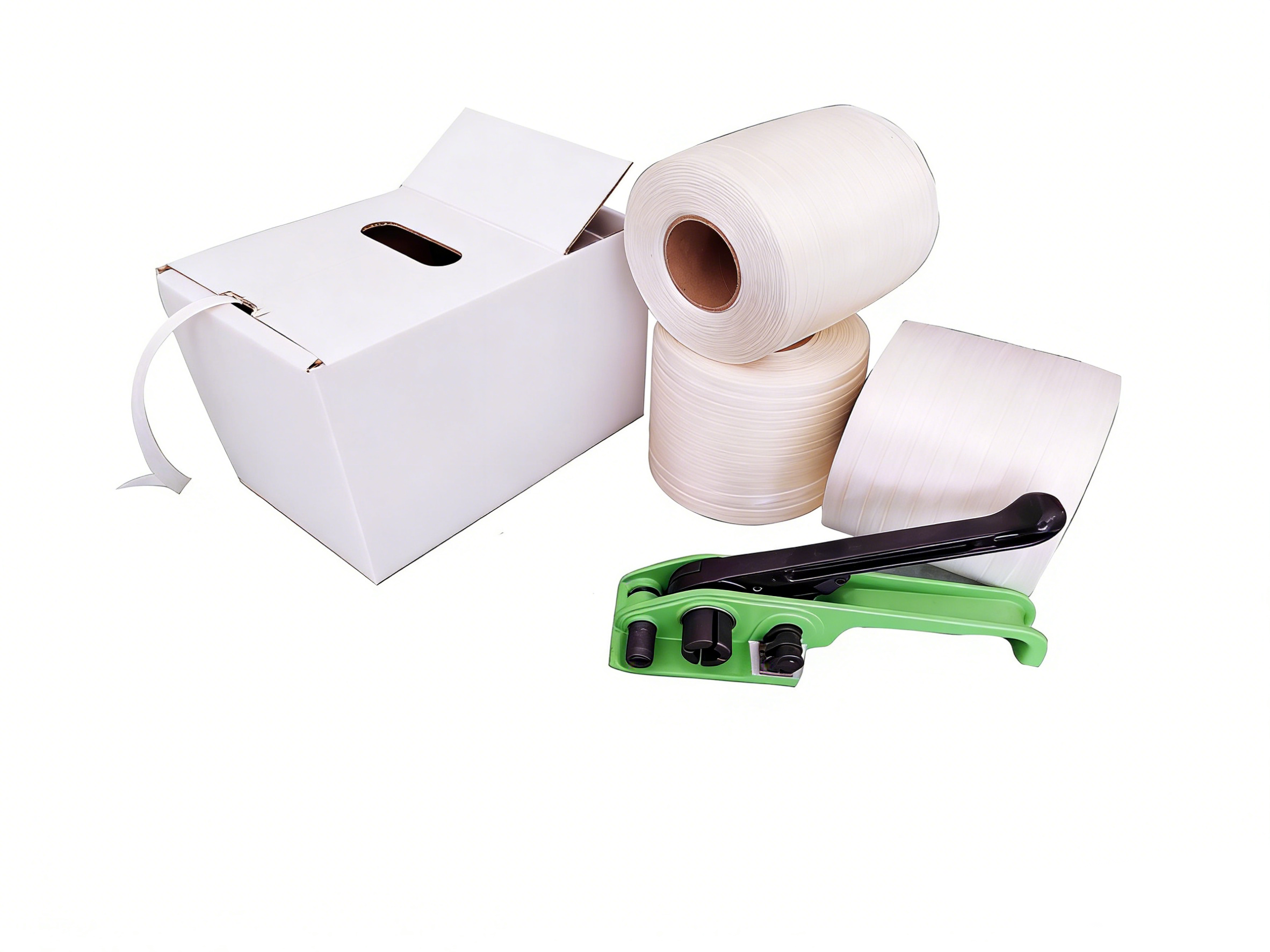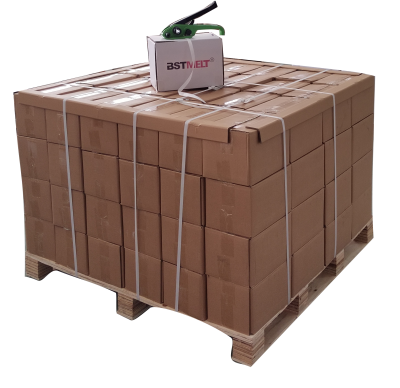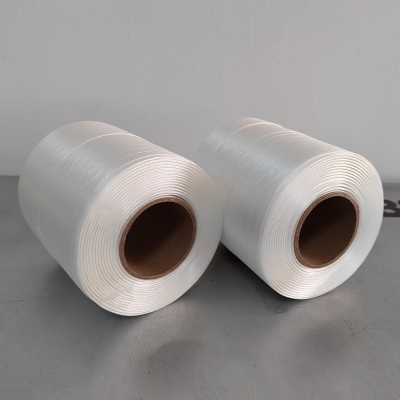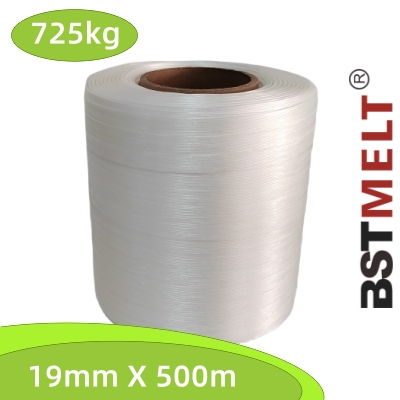General News
Waste Balers Consumables: Baling Tape
In the world of waste management and recycling, the efficient baling of materials is crucial for ensuring the smooth and cost-effective processing of recyclable materials. Waste balers are essential machines used to compress and bind materials such as cardboard, paper, plastic, and other recyclables into compact bales for easy handling, transportation, and storage. However, the effectiveness of waste balers heavily depends on the quality and reliability of the consumables used, particularly baling tape.
Baling tape, also known as baling twine or strapping, is a critical consumable in the baling process, as it is responsible for securing and binding the compressed materials into tight and compact bales. The choice of baling tape can significantly impact the efficiency, safety, and overall cost-effectiveness of the baling process.
When it comes to waste balers consumables, the quality and performance of baling tape play a pivotal role in ensuring the successful baling of recyclable materials. The right baling tape not only securely binds the bales but also contributes to the overall integrity and stability of the bales, preventing spillage, damage, and loss of materials during handling and transportation.
One of the key factors to consider when selecting baling tape is its strength and durability. The tape must be able to withstand the immense pressure and tension exerted during the baling process, ensuring that the bales remain tightly secured without the risk of breakage or slippage. High-quality baling tape is engineered to provide superior tensile strength, ensuring that the bales retain their shape and integrity, even under extreme conditions.
In addition to strength, the compatibility of baling tape with different types of waste balers is essential. Whether it's horizontal balers, vertical balers, or automatic balers, the baling tape should be designed to work seamlessly with various baling machines, ensuring smooth and efficient operation without the risk of jamming or malfunction.
Furthermore, the environmental impact of baling tape cannot be overlooked. As the focus on sustainability and environmental responsibility continues to grow, it is imperative to choose baling tape that is manufactured using recycled materials and is recyclable itself. By opting for eco-friendly baling tape, businesses can contribute to the reduction of plastic waste and promote a more sustainable approach to waste management and recycling.
Cost-effectiveness is another critical aspect to consider when it comes to waste balers consumables. While high-quality baling tape may come at a slightly higher initial cost, its durability and reliability can result in long-term cost savings. A durable and reliable baling tape reduces the need for frequent re-baling, minimizes material wastage, and ensures efficient use of resources, ultimately contributing to the overall cost-effectiveness of the baling process.
In conclusion, baling tape is an indispensable consumable in waste balers, playing a vital role in the successful baling of recyclable materials. The quality, strength, compatibility, environmental impact, and cost-effectiveness of baling tape are crucial factors that businesses and waste management facilities must consider when selecting consumables for their waste balers. By choosing high-quality, environmentally friendly, and cost-effective baling tape, businesses can enhance the efficiency, safety, and sustainability of their baling operations, contributing to a cleaner and greener future.

See More News




